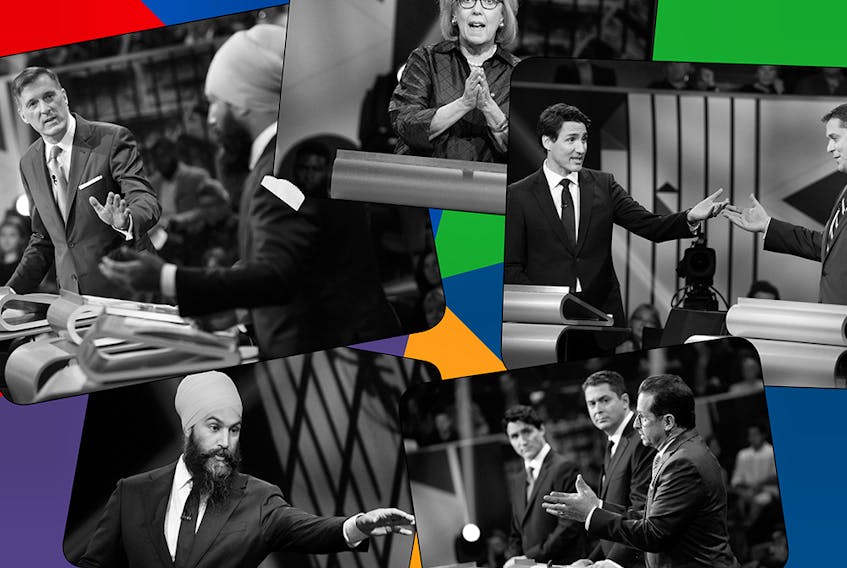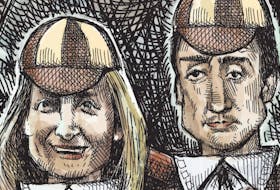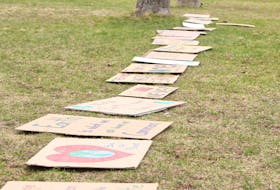On Oct. 21, I predict the Liberals with the most seats but not a majority.
In my view it should be first called a minority election win and it should only be called a minority government when they actually form government with or without some form of support from another party or two. (There are a few models that can be tried.)
What I also predict is that Andrew Scheer will be throwing a hissy-fit on Tuesday morning because he didn’t get all the marbles but veiling it behind claims of misinformation from the other parties, maybe even voter suppression or some such other wild claim.
Although, he will have uttered the common phrase the night before: the electorate has spoken and the electorate is never wrong.
But, I really despise that British term: Hung Parliament.
To use that label, is to already suggest that their isn’t co-operation. That name starts with the claim that one political party (the one with the most votes but not a majority) is not going to take some of another party’s policy needs and implement them in return for supporting a confidence vote or confidence bill.
Yes, things are “hung-up” until you figure out who is going to support whom. But, after that point, you have a functioning government and parliament.
If you believe it is always hung, then you believe that one party should have all the control. But remember, we have six parties running to form government.
Bi-partisanship, tri-partisanship, whatever it takes.
Forgive me, there are probably more than 20 registered political parties in the country. At one time in history we thought there were only two and now we have six that we talk about daily, during this election.
Let’s not bemoan and pine about no majority government being arrived at late in the evening on Oct. 21. Some of the problem is with us.
Only six or seven of us, out of 10, ever show up to vote. And, not enough eligible voters ever become members of a political party.
The concept of voter efficiency is when a party has built a firm base of membership and always keeps adding to it, growing its membership. They are loyal members because their beliefs align with the party they chose and that party can rely on that loyalty to come out and vote. Voter efficiency.
As an example, the Green Party is beginning to broaden its membership with key victories in provincial ridings and therefore grow their voter efficiency in this upcoming federal election.
Even if they only hold the two seats they have now, they will still have grown their vote share and hopefully their membership.
Similarly, the NDP will see a shoring-up of their parliamentarians, some new growth in certain areas of the country and an overall increase in their vote share across the country.
In the early 1990’s the Conservative party was reduced to two seats in the House of Commons. Yes, two seats. And look how they used their firm party membership and voter efficiency to turn things around quickly.
You probably remember the 10 years you spent under Stephen Harper quicker than the time their caucus was reduced to two members. If you enjoyed those 10 years, thank them and their voter efficiency for that. Be part of avoiding that again by joining a party and being a part of voter efficiency in the future.
But, start that on Monday’s election, too.
Never say you lost your vote. And after the election, be ready to call out any party that throws a hissy fit because they didn’t get a majority. Or, why not give a majority to a party other than the two we always have, and see what they make of it?
Finally, make sure you don’t stop talking.
Tell all Members of Parliament, but especially the Liberals, to finally start to work with the other parties to pass legislation that all Canadians want. Regardless of which party each of those Canadians chose to stand behind.
Bi-partisanship, tri-partisanship, whatever it takes.
Mark Power,
St. John’s
RELATED









